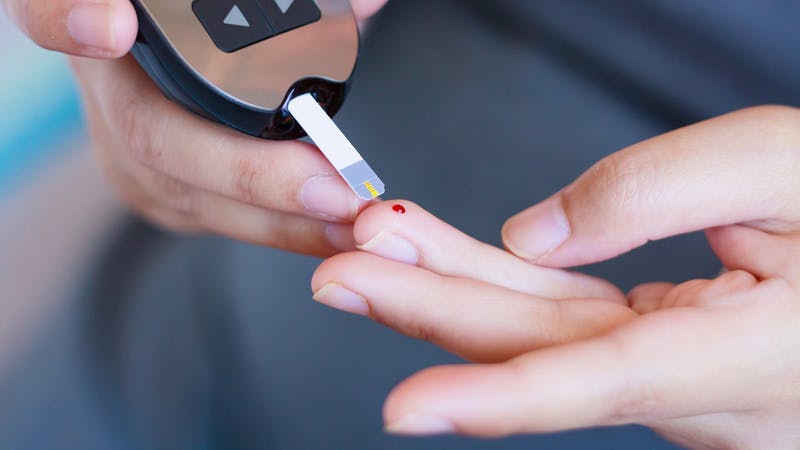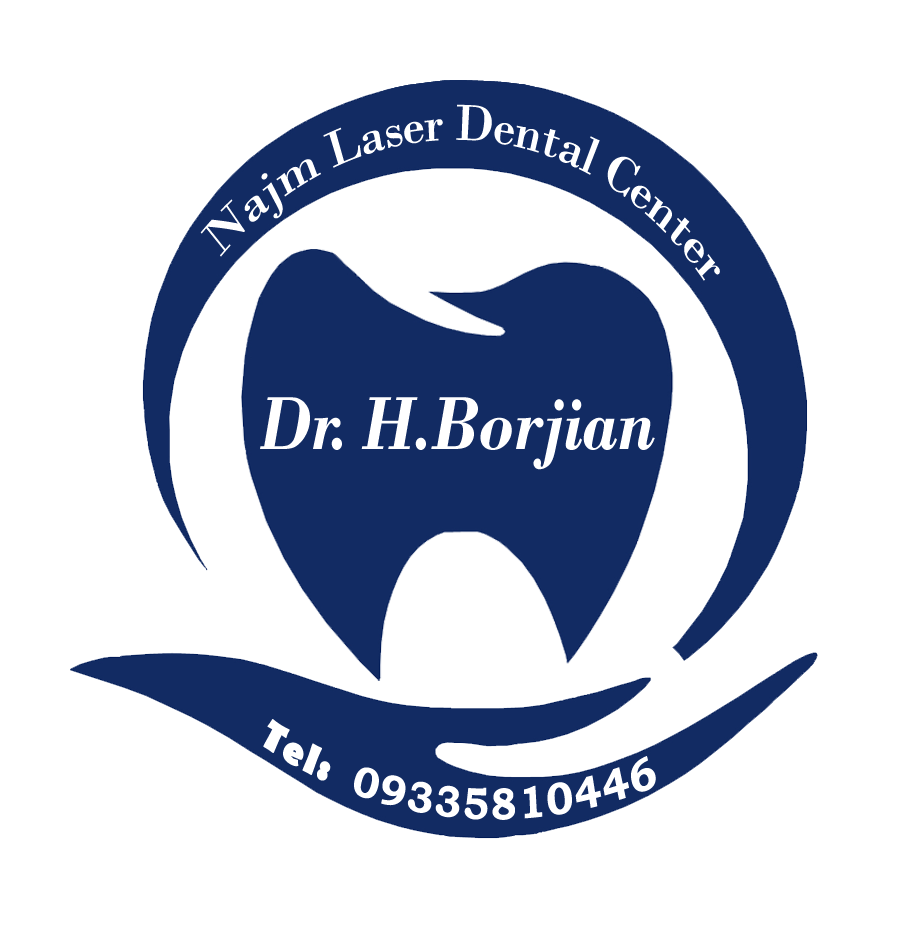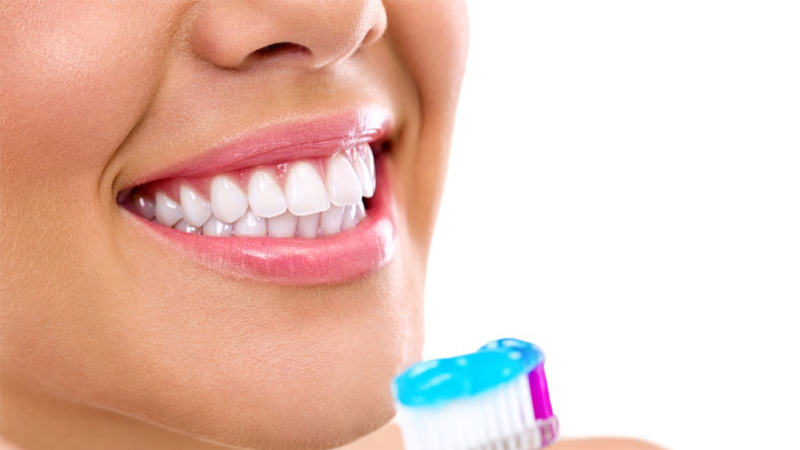Examining the relationship between diabetes and oral health
People with diabetes who have poor control of their blood glucose levels are more prone to developing oral and dental problems.. Therefore, controlling the blood sugar level within the normal range reduces the risk of these complications to some extent. Following a balanced diet, regular exercise and quitting smoking are also recommended to reduce the risk of oral and dental diseases. In this article from Dr. Hossein Borjian's website The best dentist in Isfahan We examine the relationship between diabetes and oral health.
Therefore, it is better to visit the dentist once every six months, so that if any infection occurs, you can treat it as soon as possible.. Minor dental problems can escalate quickly, and regular visits to the dentist are very effective in diagnosing and evaluating them.
On the other hand, you should know the most common symptoms related to dental and oral diseases, including:
- bleeding gums
- Receding gums
- Loose teeth
- Bad Breath
- Injured or swollen gums
If you see any of these symptoms, you should visit your dentist. Immediate treatment may be needed to prevent the problem from getting worse.
Dental treatment and blood sugar level
If you are taking medications that can lead to hypostasis, such as insulin or sulfonylureas, talk to your dentist or doctor to see if medication adjustments are needed before dental work..
Your dental treatment appointment should be scheduled to match your diabetes treatment regimen. On the other hand, you should control your high blood sugar levels as much as possible because it affects the healing time of the gums. For example, if you've had a tooth pulled and it's taking a long time to heal, you should contact your endocrinologist or dentist immediately for advice..
Oral health, diabetes and heart problems
Undoubtedly, having diabetes can lead to the accumulation of excess cholesterol in the bloodstream and increase the risk of heart disease. Some studies suggest that people with gum disease may be at increased risk for heart disease.. Bacteria and gingivitis may travel into the bloodstream and cause blockages in blood vessels that reduce blood flow to the heart.. More research is underway to further investigate the impact of gum disease on the heart.

Oral health tips and facts
If you have diabetes, it is better to follow the following strategies for better management and prevention of possible oral and dental complications:
- Brush your teeth last at night and at another time during the day.
- You should use a small toothbrush or dental floss once a day, preferably before brushing, to remove plaque between your teeth..
- The fluoride in the toothpaste keeps the teeth strong and from Tooth Decay prevents.
- To prevent tooth decay, you should reduce the frequency of sweet snacks and carbonated drinks.
- Rinse off excess toothpaste after brushing because it will keep fluoride on your teeth.
- Improper use of a toothbrush removes dental plaques and preserves the health of the gums compared to using mouthwash..
- If gum disease is diagnosed (periodontal), your blood sugar may be more difficult to control, but effective gum treatment can help improve it.
Your teeth and gums should be checked by a dentist at least once a year. The dentist advises you how often to visit the dentist or hygienist for treatment.
The Instagram page of Dr. Hossein Borjian, the best dentist in Isfahan
Foods useful for oral health
Fibrous foods such as fruits and vegetables require a lot of chewing, which stimulates the flow of saliva in the mouth. Saliva washes and hydrates the mouth and reduces the accumulation of plaque inside it. These conditions help reduce the risk of tooth decay and gum disease. Additionally, saliva contains small amounts of calcium and phosphate, which are essential components of your teeth. Therefore, increasing the flow of saliva helps to return these minerals to the teeth to make them stronger and more resistant to decay.. Finally, biting and chewing the hard surfaces of these fruits and vegetables may help remove plaque and food residue from the teeth and gums..
Milk, cheese, unflavored yogurt, and other dairy products are rich in calcium and phosphate, both of which help strengthen and repair damaged teeth.. Cheese may even increase saliva production to keep your mouth healthy.
Tea and dental health
Green and black tea are rich in polyphenols that show strong antioxidant and antibacterial properties. These herbal compounds can help to reduce the bacterial load in the mouth and as a result of Tooth Decay and prevent gum disease. Tea may also contain fluoride, which helps strengthen your tooth enamel against acid released by bacteria in your mouth. Chewing sugar-free gum can stimulate your salivary glands to produce more saliva. which helps to empty the food particles stuck in the mouth.
Fluoridated drinking water or foods that are fluoridated with drinking water are great for your oral cavity, especially your teeth.. Fluoride is a natural mineral that is essential for dental health. It makes your tooth enamel stronger. and protects it from the acid released by plaque bacteria, reducing the risk of cavities and other forms of tooth decay..
Attention :
- The scientific accuracy of the above article should be consulted with Dr. Borjian, a specialist, in person Gum and bone grafting be confirmed.
- This article was managed and published by the site admin.
Read more :
Applications of dental veneers
Treatment methods for veneered tooth infection



